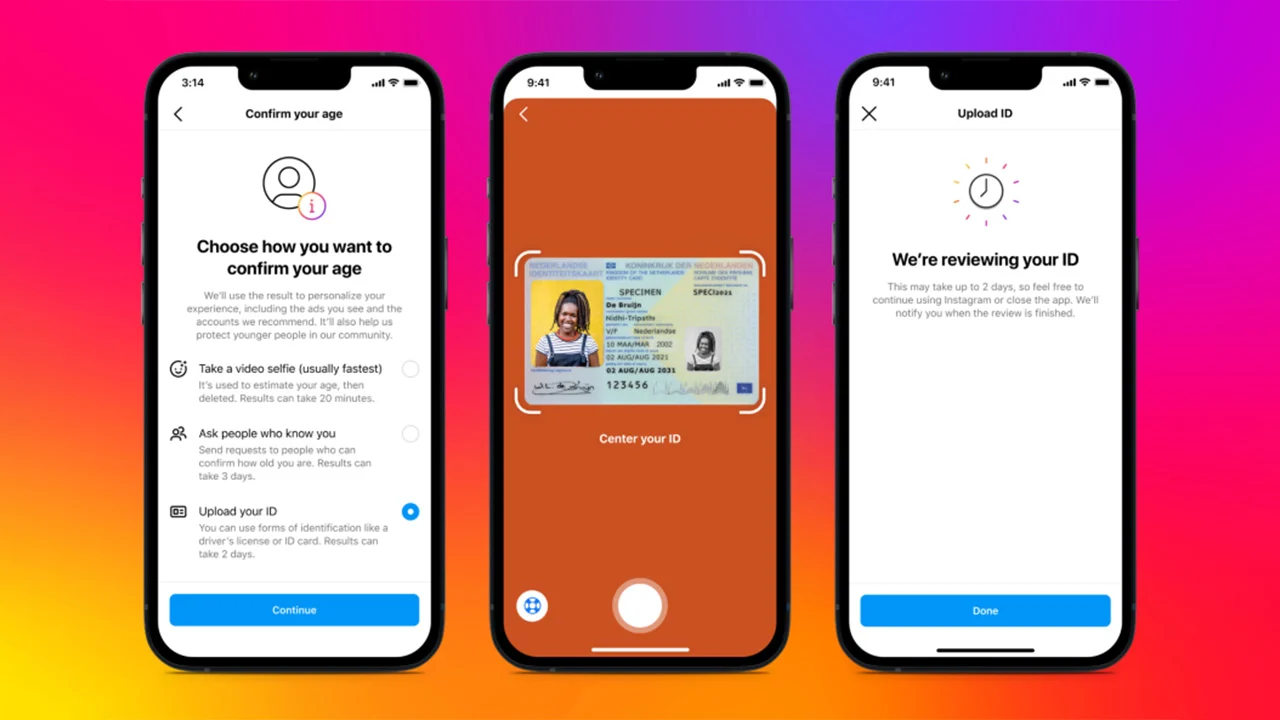I. Introduction
In today’s digital age, social media has become an integral part of our lives. From youngsters to the elderly, almost everyone is actively engaged on platforms like Instagram, TikTok, Facebook, and Twitter. However, the increasing prevalence of social media usage raises concerns about addiction and the associated risks.
II. Risks of Social Media
A. Harmful Content Exposure
One of the significant risks of unrestricted social media access is exposure to harmful content. Users of all ages, especially minors, can inadvertently come across inappropriate material that may have adverse effects on their mental health and well-being.
B. Stranger Interactions
The virtual world is rife with strangers, and social media platforms can become breeding grounds for potentially harmful interactions. Ensuring a safe environment for users, particularly minors, is a paramount concern.
C. Lack of Effective Safeguards
Despite efforts by platforms like Meta to implement safety measures, there remains a gap in providing foolproof safeguards. This inadequacy has prompted regulatory authorities to take a closer look at the responsibilities of social media companies.
III. Meta’s Initiatives for Child Safety
A. Restrictions on Messages for Users Under 18
In response to mounting concerns, Meta has taken some steps to protect users under the age of 18. Notably, there are restrictions on receiving messages from unknown individuals, aiming to create a safer online space for young users.
B. Insufficiency of Current Safety Measures
However, the recent summoning of CEOs from major platforms to Congress underscores the inadequacy of existing safety measures. There is a pressing need for more comprehensive actions to ensure the protection of minors online.
IV. Congressional Concerns
A. Summoning CEOs of Major Platforms
The US Congress has expressed concerns about the efforts made by social media platforms to protect children from potential risks. CEOs of prominent platforms like TikTok, Snap, Discord, and others were summoned to provide insights into their safety measures.
B. Mark Zuckerberg’s Surprising Proposal
During the congressional hearing, Mark Zuckerberg, the CEO of Meta, put forth a surprising proposal. Contrary to expectations of social media companies taking full responsibility, Zuckerberg suggested that the onus of app age verification should be placed on the shoulders of tech giants like Apple and Google.
C. Shift of Responsibility to Apple and Google
Zuckerberg’s rationale behind this proposal lies in leveraging the infrastructure and resources of Apple and Google. According to Meta’s global head of safety, Antigone Davis, this solution would involve notifying parents when their teen attempts to download an app, allowing parents to decide whether to approve the download.
V. Apple and Google’s Role in Age Verification
A. Importance of App Age Verification
Age verification for app downloads is a crucial aspect of ensuring that minors are not exposed to age-inappropriate content. It acts as a gatekeeper, requiring parental consent before a young user gains access to certain applications.
B. Mark Zuckerberg’s Advocacy
Mark Zuckerberg’s advocacy for Apple and Google to take on the responsibility of app age verification marks a shift in the conventional understanding of social media companies being solely accountable for user safety. This proposition opens up discussions on collaborative efforts between different tech entities.
C. Mechanism Proposed by Meta
Meta envisions a mechanism where app stores, controlled by Apple and Google, play an active role in notifying parents when their teen attempts to download an app. This additional layer of verification aims to give parents more control over their child’s digital experiences.
VI. Parental Responsibility
A. Key Role in Child’s Safety
While the debate on age verification responsibility continues, it’s crucial to highlight the central role parents play in ensuring their child’s safety online. Regardless of the actions taken by social media companies or regulatory bodies, parental involvement remains key in navigating the complexities of the digital landscape.
B. Challenges Despite Platform and Regulatory Efforts
Even with the ongoing efforts of social media companies like Meta and regulatory bodies like the EU, challenges persist. Parents must actively monitor their child’s online activities, engage in open conversations, and stay informed about the evolving landscape of social media risks.
VII. Conclusion
In conclusion, the issue of social media addiction and its associated risks, especially for minors, is a multifaceted challenge. The recent proposal by Mark Zuckerberg to shift the responsibility of app age verification to Apple and Google adds a new dimension to the ongoing discourse. While actions are anticipated in the near future, it’s essential to underscore the irreplaceable role of parents in safeguarding their children in the digital realm.
VIII. FAQs
A. How does Meta restrict messages for users under 18?
Meta has implemented restrictions to prevent users under the age of 18 from receiving messages from strangers on the platform. This measure aims to create a safer online environment for young users.
B. What are the concerns raised by Congress regarding child safety on social media?
The US Congress has expressed concerns about the adequacy of safety measures implemented by social media platforms, prompting the summoning of CEOs from major platforms to address these concerns.
C. Why does Mark Zuckerberg suggest Apple and Google should handle age verification?
Mark Zuckerberg proposes that the responsibility for app age verification should lie with tech giants like Apple and Google, leveraging their infrastructure to enhance the safety of minors using social media.
D. How can parents play a crucial role in ensuring their child’s safety on social media?
Parents play a key role in ensuring their child’s safety online by actively monitoring their activities, engaging in open conversations about online risks, and staying informed about evolving social media landscapes.
E. What steps are social media companies taking to address the risks associated with their platforms?
Social media companies, including Meta, are implementing measures such as restrictions on messages for users under 18. However, the recent congressional hearings indicate that there is room for improvement in current safety measures.


